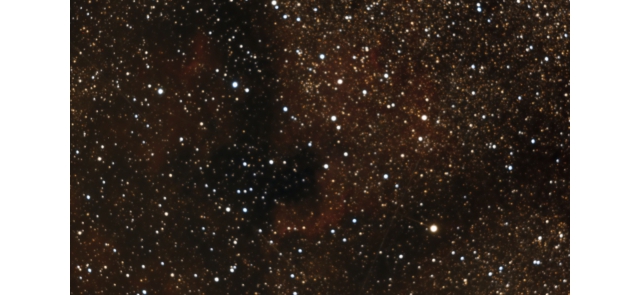The International Lunar Observatory Association (ILOA) is planning to install an astronomical observatory to capture images of the stars, moon, Earth and galaxy. These images will then be broadcasted to support the global Galaxy Forum 21st Century Education Programs.
ILOA is led by American educator and businessperson, Steve Durst. Durst stated that this observatory would help in expanding the understanding of our galaxy and Cosmos from the moon.
On 23 July, on the summit of Mauna Kea, in Hawaii, ILOA and Moon Express held a demonstration on the Lunar Observatory Precursor instrument (ILO-X). As part of this demonstration, many astronomers from Europe, Canada, France, China, Japan, USA Mainland and Hawaii were able to access this instrument via the internet. They were able to capture images of objects both inside and outside the Milky Way Galaxy. While operating this instrument, the astronomers felt that they were on the moon and were operating it from the lunar surface. This demonstration has encouraged the ILOA to send the ILO-X to the Moon.
The Moon Express, based at NASA Research Center in Silicon Valley, is a commercial lunar transportation company, which is at present making preparations for the ILO-X flight to the moon.
The ILO-X is about the size of a shoe box and designed by the Moon Express. It is using the latest optical and imaging technology to provide images of Galactic and Extragalactic objects from the moon. The ILO-X will be a forerunner before a permanent and powerful installation is set up on the South Pole of the Moon.
The CEO and Co-founder of Moon Express, Bob Richards stated that they are thrilled to be a part of the ILO team. The ILOA and Moon Express are currently planning a joint venture for their mission in the South Pole.
The ILOA is based at Hawaii. It is a non-profit enterprise keen on expanding human knowledge about the galaxy. It also co-sponsors Galaxy forums to educate and inspire people.

The ILO-X prototype captured this deep sky image of the North American Nebula, roughly 1,800 light-years away, containing clusters of young stars about one million years old. (PRNewsFoto/International Lunar Observatory Association)
Disclaimer: The views expressed here are those of the author expressed in their private capacity and do not necessarily represent the views of AZoM.com Limited T/A AZoNetwork the owner and operator of this website. This disclaimer forms part of the Terms and conditions of use of this website.